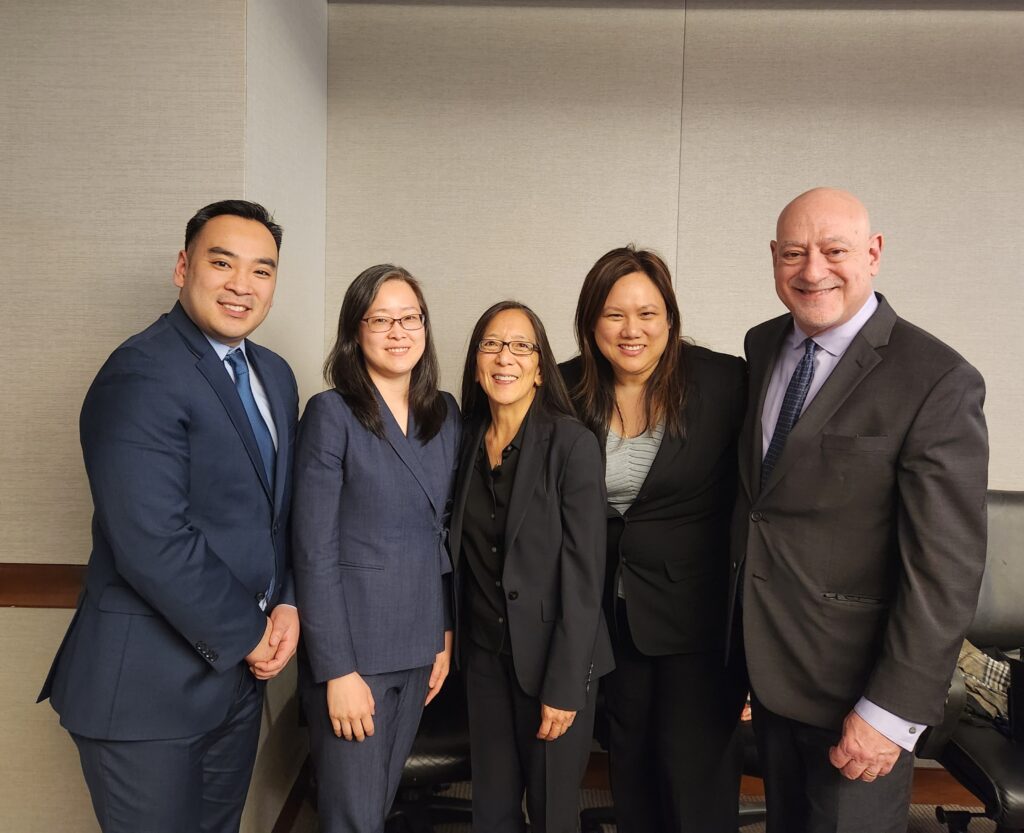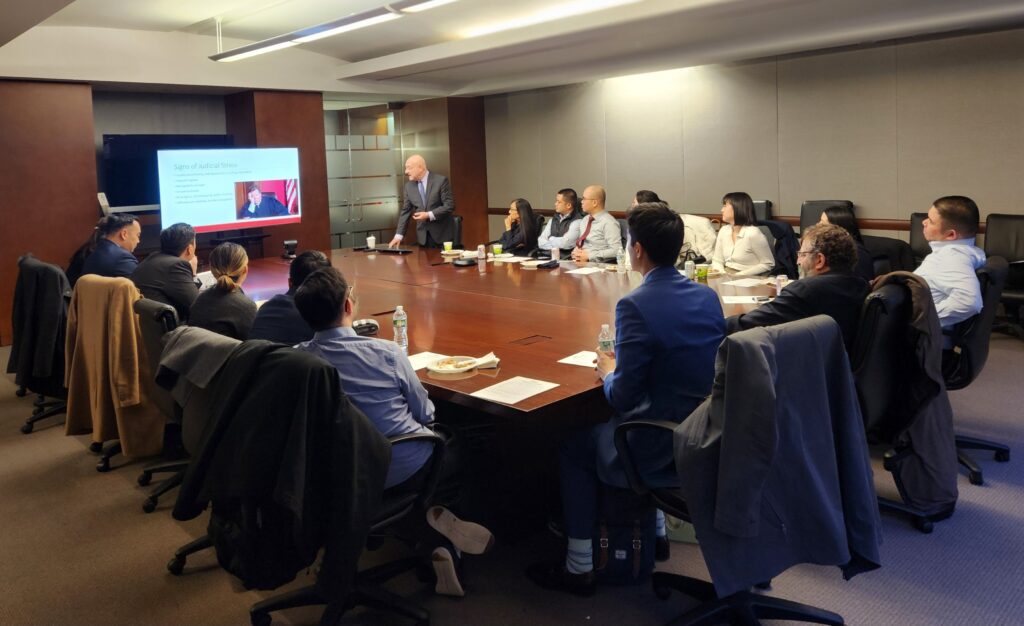
| For Immediate Release: Date: November 19, 2024 | Contact: Rahat N. Babar, Deputy Executive Director |
WASHINGTON – Today, the United States Senate confirmed Sharad Desai to the U.S. District Court for the District of Arizona. Mr. Desai is the first Asian American Article III judge to serve in the District of Arizona.
“NAPABA applauds the historic confirmation of Sharad Desai,” said Thy Bui, President of NAPABA. “An active member of the community and an advocate of diversity and inclusion, Mr. Desai brings experiential diversity as an in-house counsel to a District where the AANHPI population has grown over 50 percent over the last decade.”
Sharad H. Desai has been Vice President and General Counsel for Honeywell International’s Integrated Supply Chain and Information Technology divisions in Phoenix, Arizona, since 2023. He has worked in senior legal counsel roles at Honeywell since 2015. From 2007 to 2015, Mr. Desai worked as an attorney with the Phoenix law firm Osborn Maledon, P.A., first as an associate and later as a partner. He began his legal career as a law clerk for Justice Rebecca White Berch on the Arizona Supreme Court from 2006 to 2007. Mr. Desai received his J.D. from New York University School of Law in 2006 and his B.A. and B.S. from the University of Arizona in 2003.
“Nearly 20% of President Biden’s confirmed Article III judges are AANHPI,” said Priya Purandare, Executive Director of NAPABA. “Today, 40 AANHPI Article III judges have been confirmed during the Biden Administration, and 70 AANHPI active Article III judges are serving.”
NAPABA thanks President Biden for nominating and Senator Sinema and Senator Kelly for supporting Sharad Desai’s historic nomination.
###
The National Asian Pacific American Bar Association (NAPABA) represents the interests of over 80,000 Asian Pacific American (APA) legal professionals and nearly 90 national, state, and local APA bar associations. NAPABA is a leader in addressing civil rights issues confronting Asian American, Native Hawaiian, and Pacific Islander communities. Through its national network, NAPABA provides a strong voice for increased diversity of the federal and state judiciaries, advocates for equal opportunity in the workplace, works to eliminate hate crimes and anti-immigrant sentiment, and promotes the professional development of people of all backgrounds in the legal profession.








